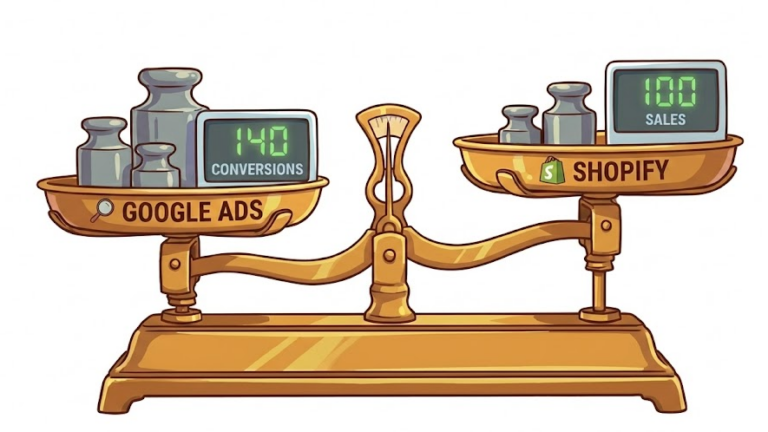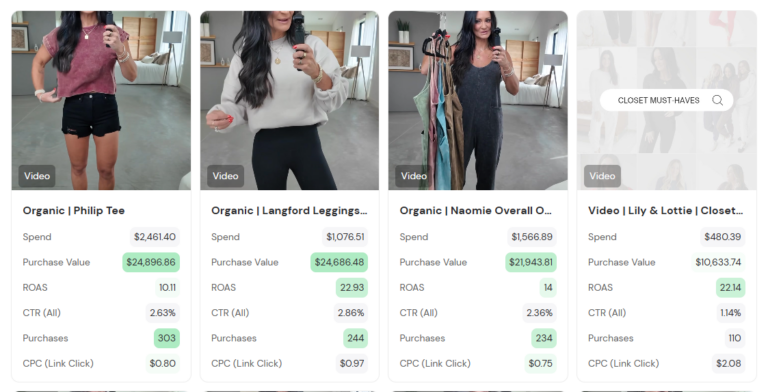OpenAI is officially stepping into eCommerce with a brand-new shopping assistant built directly into ChatGPT. If you’ve ever asked ChatGPT for product recommendations, this new feature takes it a step further, now it’s giving curated lists of actual products from real stores, complete with links to buy.
Via Open AI
This isn’t just a cool tool for consumers. It could mark a shift in how people search, compare, and ultimately shop online. If Google Shopping has been your go-to source of bottom-funnel traffic, this new update from OpenAI could start to chip away at that attention.
Here’s what’s rolling out, what it means for your brand, and what to do next.
What’s Happening
OpenAI launched a new shopping feature inside ChatGPT that offers personalized product recommendations powered by natural language queries.
Here’s how it works:
- ChatGPT users (even free users) can now ask for product suggestions and get a curated list of products from real stores.
- Recommendations are based on editorial reviews, Reddit threads, and user feedback, not paid listings.
- When someone finds a product they like, they get linked directly to the seller’s site to complete the purchase.
- Unlike Google Shopping or Amazon ads, these listings are organic, not sponsored.
This is available across both desktop and mobile ChatGPT apps and is rolling out globally.
How It Affects You
This could quietly reshape how people shop online, and how brands need to show up.
- Less reliance on Google Shopping: If more users start searching for product ideas through ChatGPT instead of typing keywords into Google, that’s a shift in buyer behavior you can’t ignore.
- Organic over paid: This model rewards helpful content, strong reviews, and clear product value, not who bid the most on a search term.
- Smarter, high-intent shoppers: These users are asking better questions. “What’s the best pair of trail runners under $100 for wide feet?” gets a more useful result set than just typing “trail runners.”
- Limited real estate: Unlike Google Shopping’s crowded carousel, ChatGPT gives fewer product suggestions, which makes each placement more valuable.
If you’re not visible in these types of conversations, you’re invisible.
What You Should Do Next
To get ahead of this shift, here’s what you should focus on:
- Level up your reviews: ChatGPT is pulling from Reddit and editorial sources, so build social proof across platforms and encourage review content that sounds human, not robotic.
- Refine your PDP content: AI doesn’t just skim your title. It’s pulling from full product pages. Make sure yours are clear, helpful, and written for real humans.
- Monitor traffic shifts: Keep an eye on how your Google Shopping traffic performs over the next few months. If you see a dip, this might be part of the reason.
- Experiment with ChatGPT search behavior: Try asking ChatGPT the kinds of questions your customers might ask. See if your brand shows up, or if your competitors are already there.
This is a big moment. ChatGPT isn’t just for productivity hacks or code anymore, it’s now part of the purchase journey.
If you’re not showing up in these AI-powered product conversations, you’re already falling behind. Need help figuring out how to get your products into these new recommendation engines? Let’s talk. We’ll help you update your strategy so you don’t get left out of the next big shift in online shopping.






We see that we are getting visitors to our Shopify website from chatgpt.com. Hope the reason behind this is OpenAI is working to compete in eCommerce industry also.